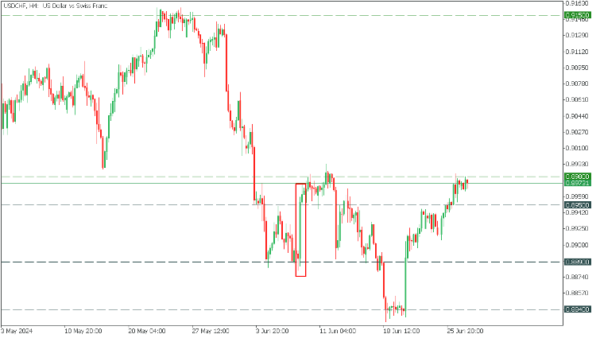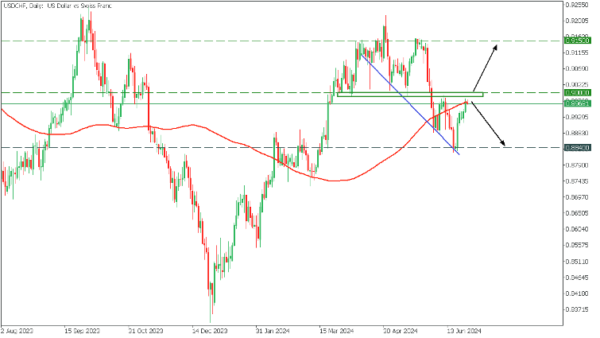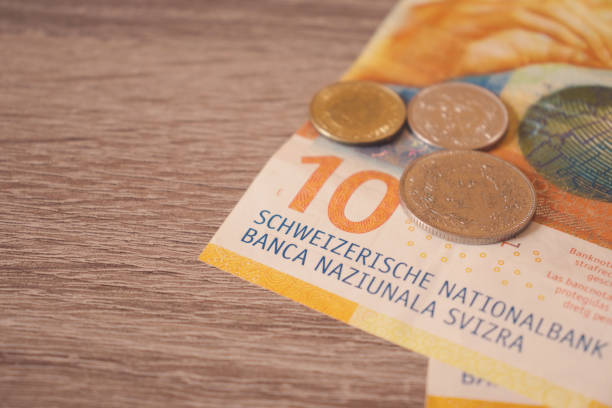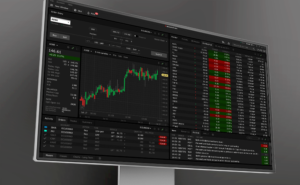The USDCHF pair, commonly called the “Swissie,” represents the exchange rate between the US Dollar and the Swiss Franc, providing insights into the economic dynamics between the United States and Switzerland. The US Dollar is influenced by the broader economic trends in the United States and decisions by the Federal Reserve, particularly concerning interest rates and monetary policy. The Swiss Franc, known for its stability, is impacted by Switzerland’s economic policies and its status as a global “safe haven” currency. This status often leads to its appreciation during periods of international economic uncertainty.
Switzerland Consumer Price Index (CPI) MoM, July 4, 8:30 (GMT+2)
This CPI release is key for traders, affecting the Swiss Franc’s valuation. The upcoming release of Switzerland’s CPI is projected at a 0.2% increase, slightly under the prior month’s 0.3%. If the actual CPI exceeds this forecast, indicating higher inflation than expected, it could prompt the Swiss National Bank (SNB) to adopt a more hawkish monetary policy stance, potentially strengthening the Swiss Franc against the US Dollar. This would likely lead to a decline in the USDCHF exchange rate. Conversely, if the CPI is lower than forecast, suggesting weaker inflation, it may soften the Franc, causing an increase in the USDCHF rate as confidence in the Swiss economy’s strength wanes.
US Nonfarm Payrolls, July 5, 14:30 (GMT+2)
The US Nonfarm Payrolls for July are expected to add 180 000 jobs, down from the previous month’s 272 000. This data is pivotal as it reflects the health of the US job market, potentially impacting Federal Reserve policy. Should the payroll numbers exceed this forecast, it would signal a stronger US labor market than anticipated, potentially leading to tighter US monetary policy. This scenario likely bolsters the US Dollar, causing an upward movement in the USDCHF rate. However, if the job addition is less than expected, indicating a slowing in economic growth, this could weaken the US Dollar against the Swiss Franc and result in a downward trend for the USDCHF pair as confidence in the US economic outlook diminishes.

Last time, on June 7, US NFP data far exceeded forecasts, which contributed to a strong USDCHF rally!
In the Daily timeframe, USDCHF started a short-term bearish trend after a prolonged rise. After reaching the lower trend line, the price bounced and reached the critical resistance area, previously a support, testing MA100. There are two options to consider in this case.
-
- If the price passes the resistance at 0.9000 and MA100, the growth will start with the target of 0.9150;
- Otherwise, the rebound from the resistance will continue the fall to 0.8840;










